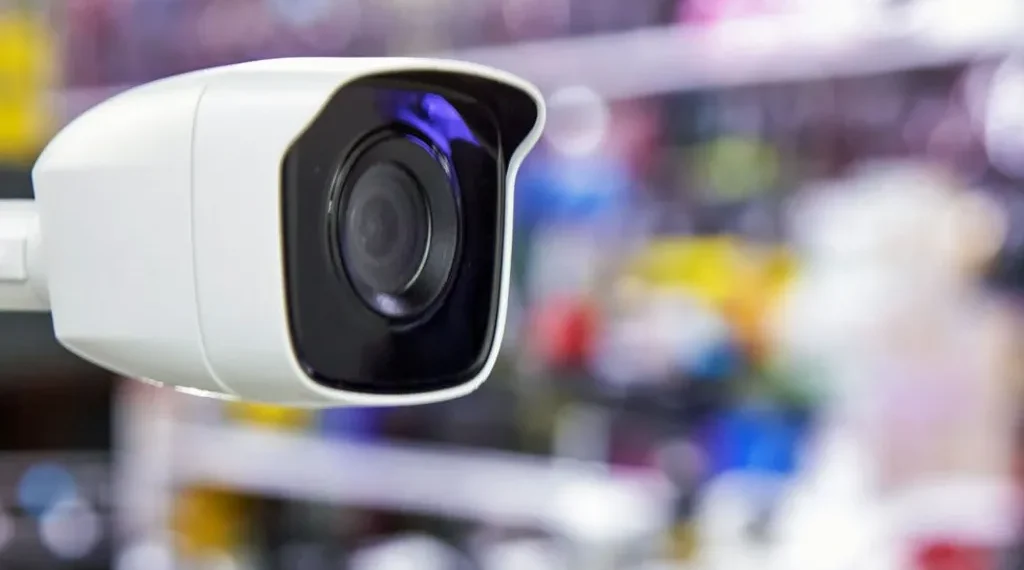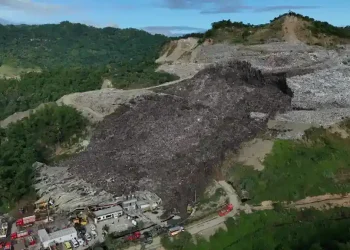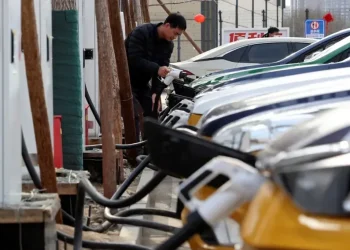Shopkeepers in Mogadishu Face Deadly Dilemma Over CCTV Camera Installations
In Somalia’s capital, Mogadishu, shopkeepers are caught in a deadly dilemma after the government mandated that businesses install CCTV cameras to help fight Islamist insurgents, particularly the al-Shabab group. While the move aims to curb al-Shabab’s influence and attacks, it has left shop owners vulnerable to retaliation from both the insurgents and the authorities.
The government’s directive, issued last year, requires business owners to foot the bill for the cameras, which are meant to increase surveillance and track insurgent activities. However, the directive has put shop owners in a perilous position. If they comply, they risk being targeted by al-Shabab, who view the surveillance as a threat to their control over the city. If they refuse, they face possible arrest by the police.
Hamza Nuur, a former shop owner, shared his experience with the BBC, describing the painful decision he made to sell his business to avoid the conflict. “You’re told not to remove the cameras by one side and then you’re told to remove the cameras by the other side. Depending on the choice you make, you’ll either have a bullet or prison cell waiting for you,” Nuur explained.
While the government insists that the move has improved security—pointing to a reduction in bombings—many shopkeepers in the city say the risks outweigh the benefits. Since the cameras have been mandated, al-Shabab has killed four businessmen in 10 targeted attacks. A prominent violence-monitoring group, Acled, reported that these retaliatory actions have led many businesses to close temporarily.
Nuur, who initially resisted the installation, was eventually forced to comply after being threatened by security forces. After setting up the cameras, he started receiving ominous phone calls from al-Shabab, who have an extensive network of informants. One day, a man with a gun visited his shop, demanding to know whether he prioritized government demands or theirs. Fortunately, Nuur survived the encounter, but the experience left him terrified for his life.
Many shopkeepers, like Ismael Hashi, continue to operate under the looming threat of violence, even after installing the cameras. Hashi expressed his fear, saying, “Every time I’m behind the counter and someone I don’t recognize walks in, I get nervous and wonder if this is the person sent to kill me.”
The government’s directive, which also extends to private homes, has sparked fear that al-Shabab will escalate its attacks against civilians. Yet, officials like Deputy Mayor Mohamed Ahmed Diriye downplay the risks, claiming that the city is calm and that businesses are functioning smoothly. Still, the reality on the ground tells a different story, with families losing loved ones and shopkeepers living in constant fear.
The situation has raised questions about the government’s approach to security. While the aim is to disrupt al-Shabab’s financial networks and curb their power, civilians are left to bear the brunt of the violence. “As civilians, we’re forced to buy the cameras, pay to install them, and risk violence from al-Shabab. Is this how the government expects to win hearts and minds?” one resident, Sidow Abdullahi Mohamed, asked.
For many shopkeepers in Mogadishu, the decision to comply with government orders or face the wrath of al-Shabab is no longer a matter of security—it’s a matter of survival.
This article was rewritten by JournosNews.com based on verified reporting from trusted sources. The content has been independently reviewed, fact-checked, and edited for accuracy, neutrality, tone, and global readability in accordance with Google News and AdSense standards.
All opinions, quotes, or statements from contributors, experts, or sourced organizations do not necessarily reflect the views of JournosNews.com. JournosNews.com maintains full editorial independence from any external funders, sponsors, or organizations.
Stay informed with JournosNews.com — your trusted source for verified global reporting and in-depth analysis. Follow us on Google News, BlueSky, and X for real-time updates.














